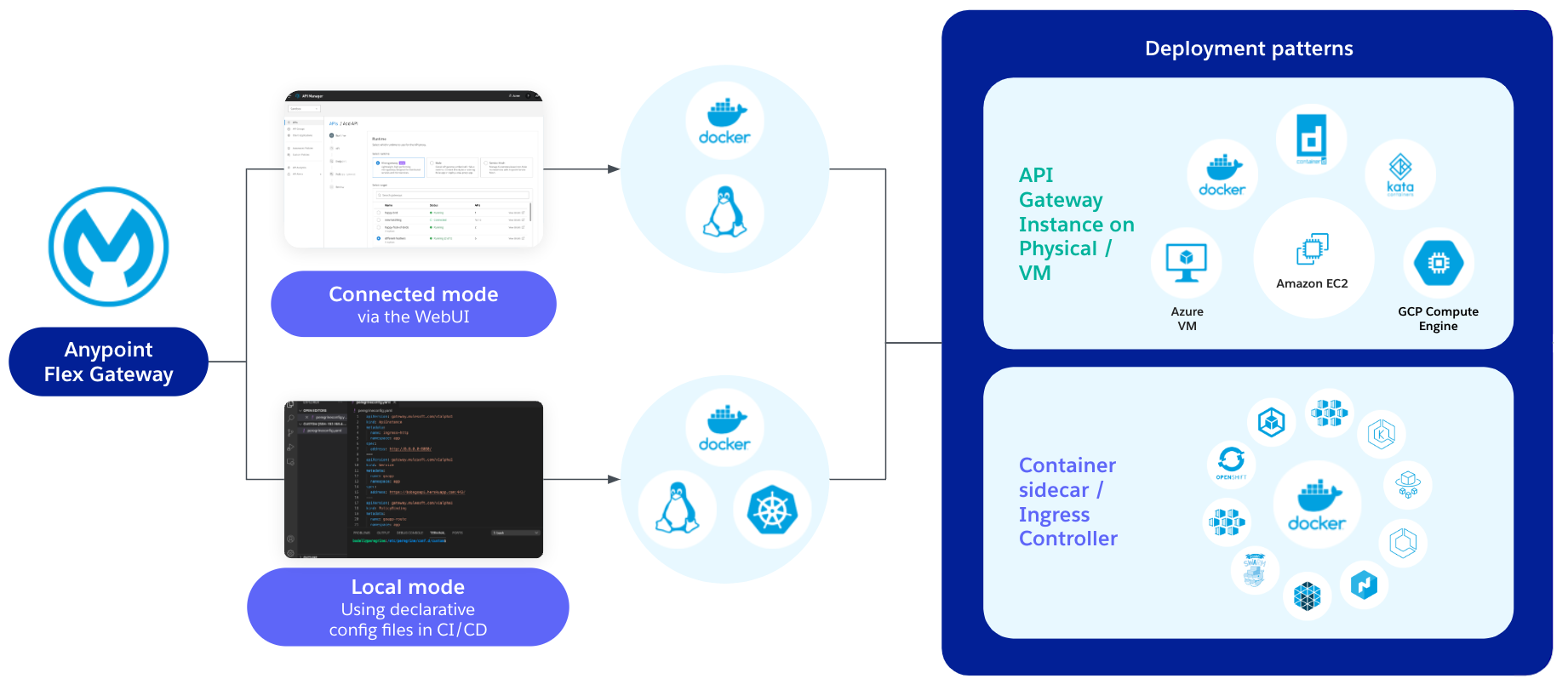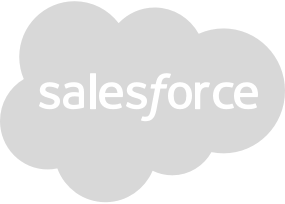BACK
What is MCP?
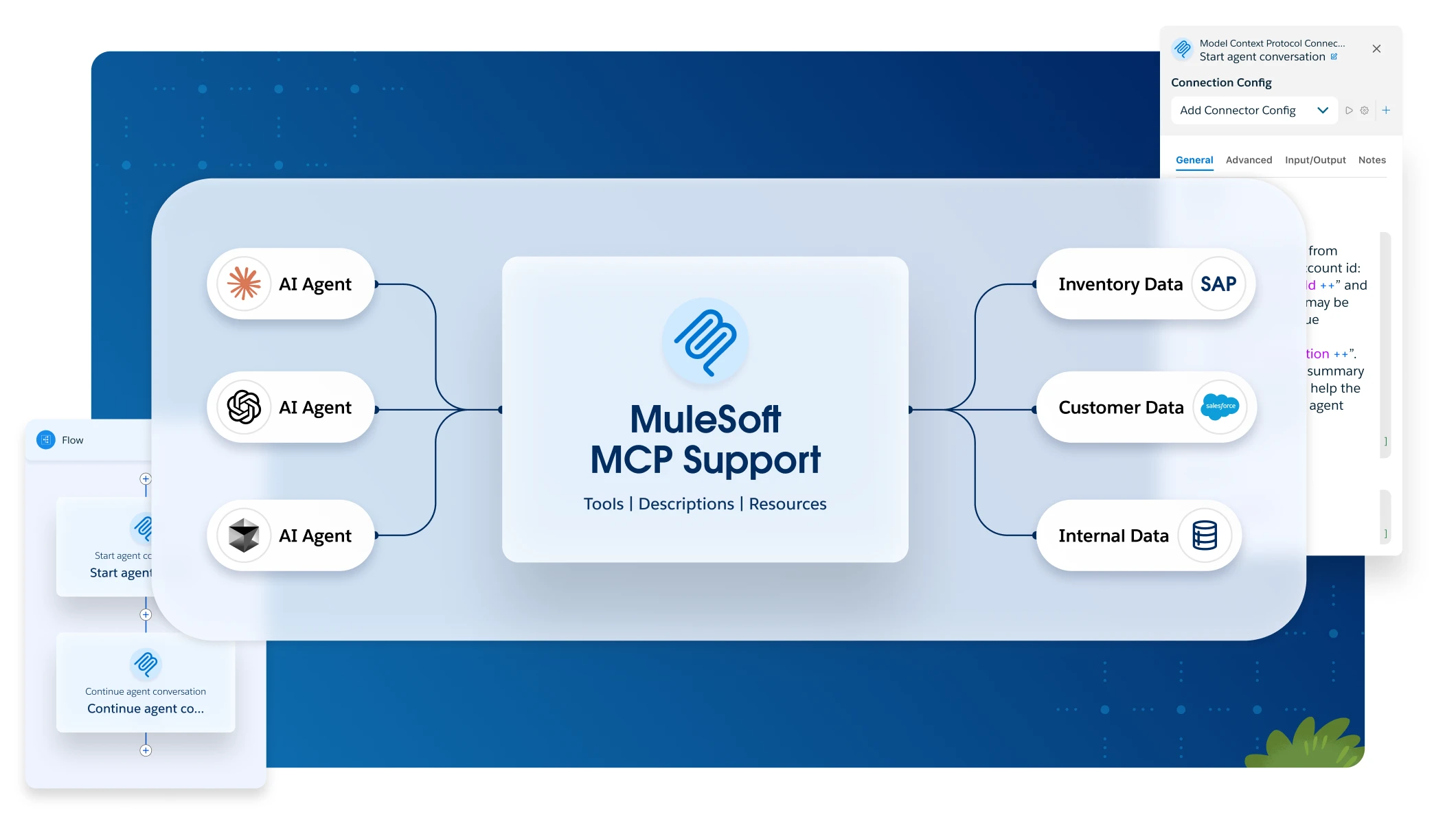
Why MCP?
Standard Protocol for AI Agents
Exposing Existing APIs and Systems to Agents
Security, Scalability, and Management
Core Features of MuleSoft MCP Support
Connector-based MCP Implementation
Supported Systems
Secure and Scalable Connection
Fast Conversion and Deployment
Real-World Examples
Inventory Management Agent
Customer Support Agent
Developer / Automation Agent
Enterprise Self-Service & Knowledge Base Access
Governance, Flex Gateway, and Agent-to-Agent (A2A)
Governance for Agent Interactions
MCP and Agent2Agent Support with Flex Gateway
Policy Enforcement and Traceability
Benefits and Impact
More Accurate Agent Behavior
Reusability and Speed
Centralized Governance and Compliance
Getting Started
Cataloging and Prioritization
Quick Pilot
Governance and Operations Model
Scaling and Reuse
Frequently Asked Questions
What is MCP?
Is MCP only for MuleSoft?
Where is MuleSoft MCP support available?
How is security ensured with MCP?
How to get started in Turkey?
Define Your MCP Strategy with Logicalbond
Local Expertise & MuleSoft Partner Support
Industry-Specific Scenarios
Project Process: Analysis → Configuration → Deployment
Demo & Proposal
What is an API?
An API consists of rules, protocols, and endpoints that enable communication between applications, services, and data sources. In modern enterprise architectures, APIs make data accessible, modularize business processes, improve developer experience, and accelerate time-to-market for digital products. A well-designed API strategy reduces technical debt, creates reusable assets, accelerates ROI, and bridges the gap between business and technology teams.
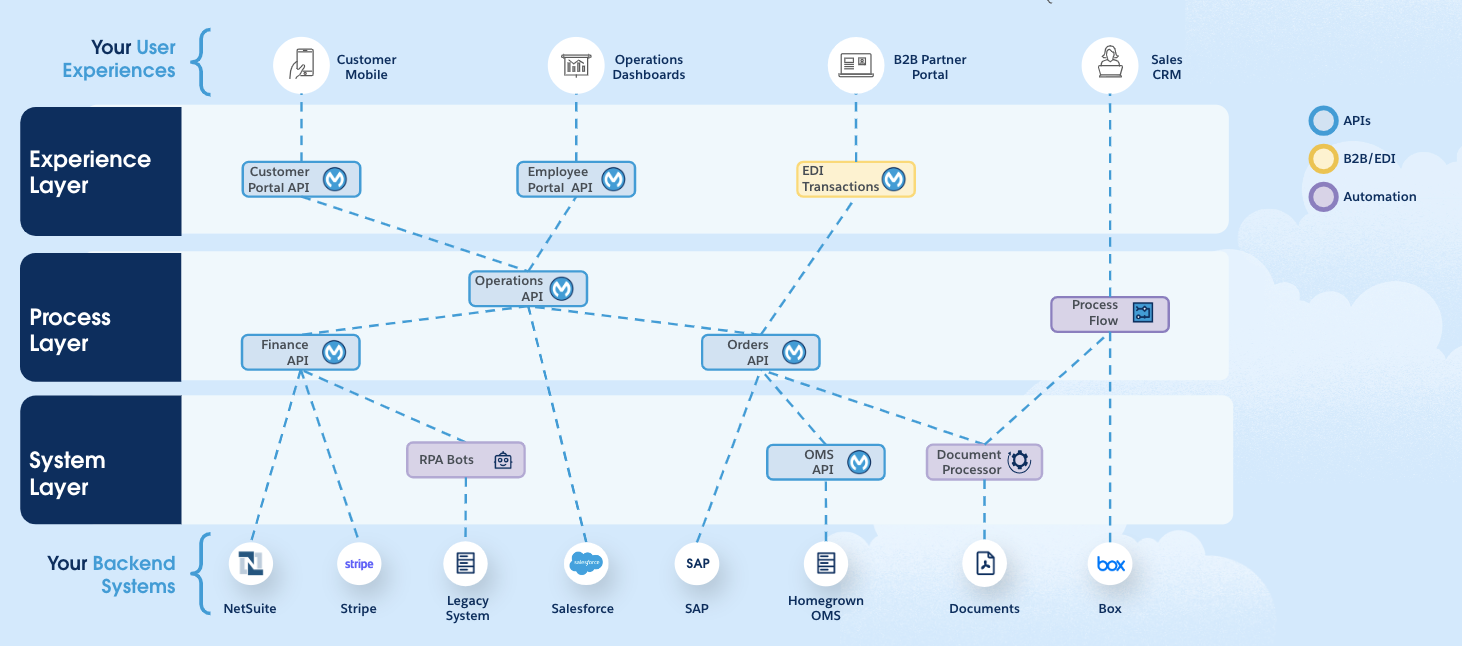
MuleSoft Agent Fabric
Agent Fabric unifies distributed and heterogeneous agent ecosystems under a single management plane. Through Agent Registry for discovery, Agent Broker for context-aware orchestration, Flex Gateway for MCP/A2A policy enforcement, and Agent Visualizer for observability, enterprises gain a secure, scalable, and transparent approach to agent management.
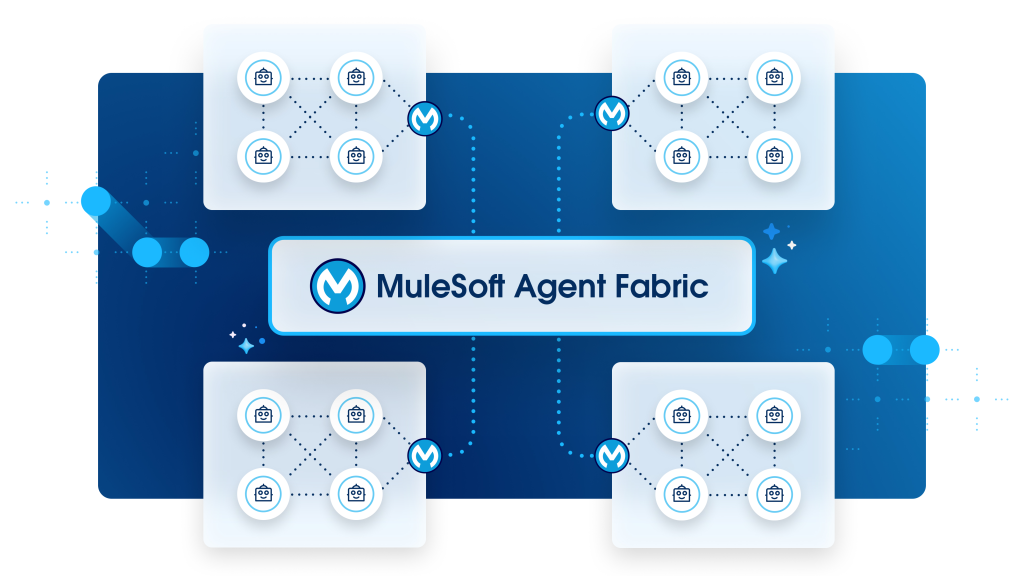
Anypoint Platform
Businesses require a fast, secure, and flexible integration layer across SaaS apps, on-premise systems, databases, and cloud services. MuleSoft Anypoint Platform offers an API-driven approach to manage all your enterprise systems from a single point. LogicalBond, as MuleSoft's authorized partner in Turkey, supports end-to-end digital transformation journeys for organizations.

Anypoint Monitoring
Today, integration networks, APIs, and microservice architectures are critical components of enterprise digital transformation. End-to-end visibility is essential to ensure the performance, reliability, and currency of these systems. Anypoint Monitoring delivers real-time monitoring, logging, and telemetry across your entire API and integration ecosystem. As a MuleSoft partner in Turkey, Logicalbond configures this solution specifically for your organization.
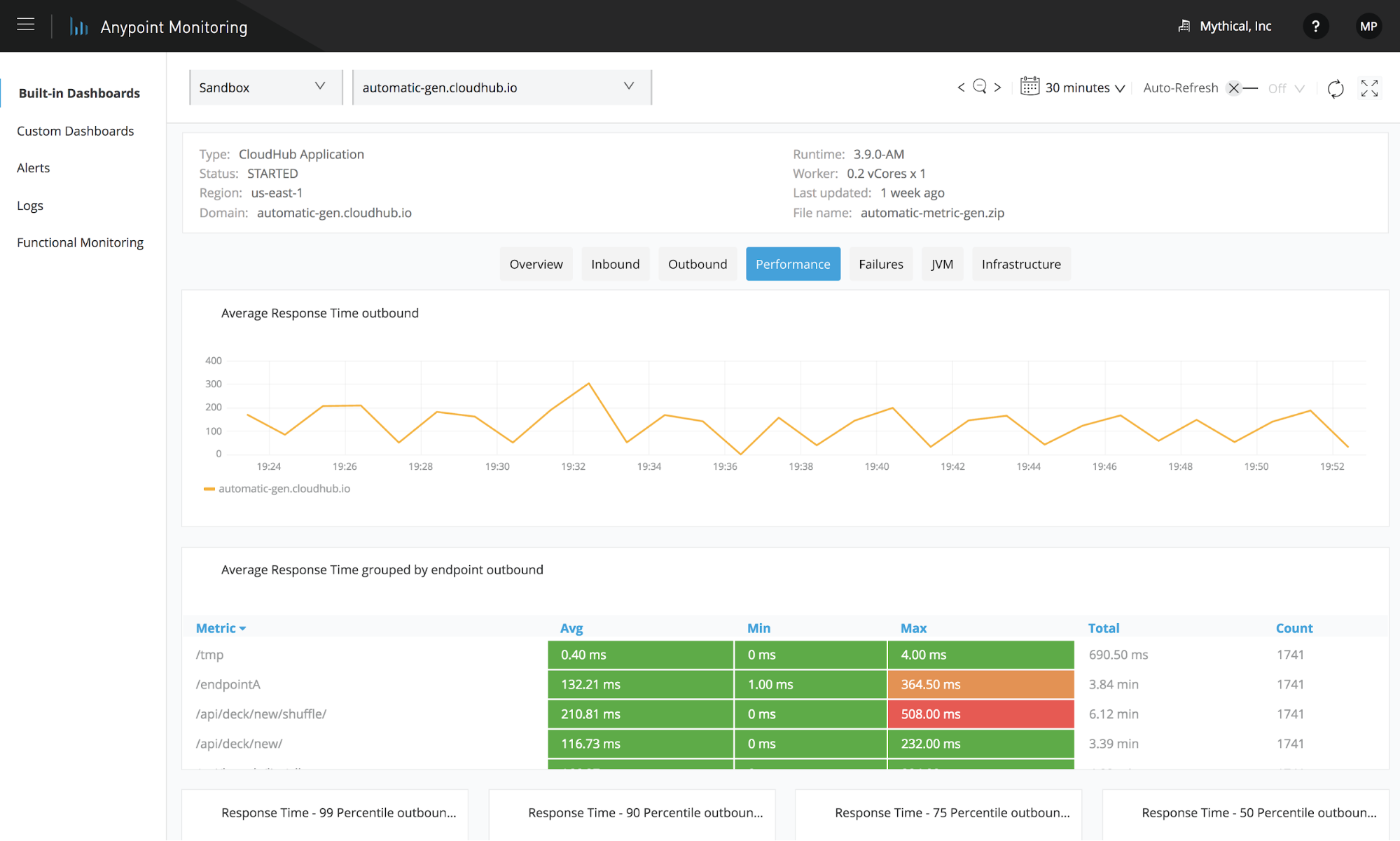
API Management
Today, organizations not only develop APIs for internal and external stakeholders but also need to manage their security, governance, performance, and consumer access. Anypoint API Manager provides an end-to-end solution for API lifecycle management. In Turkey, as an authorized MuleSoft partner, Logicalbond implements this solution tailored to your organization.
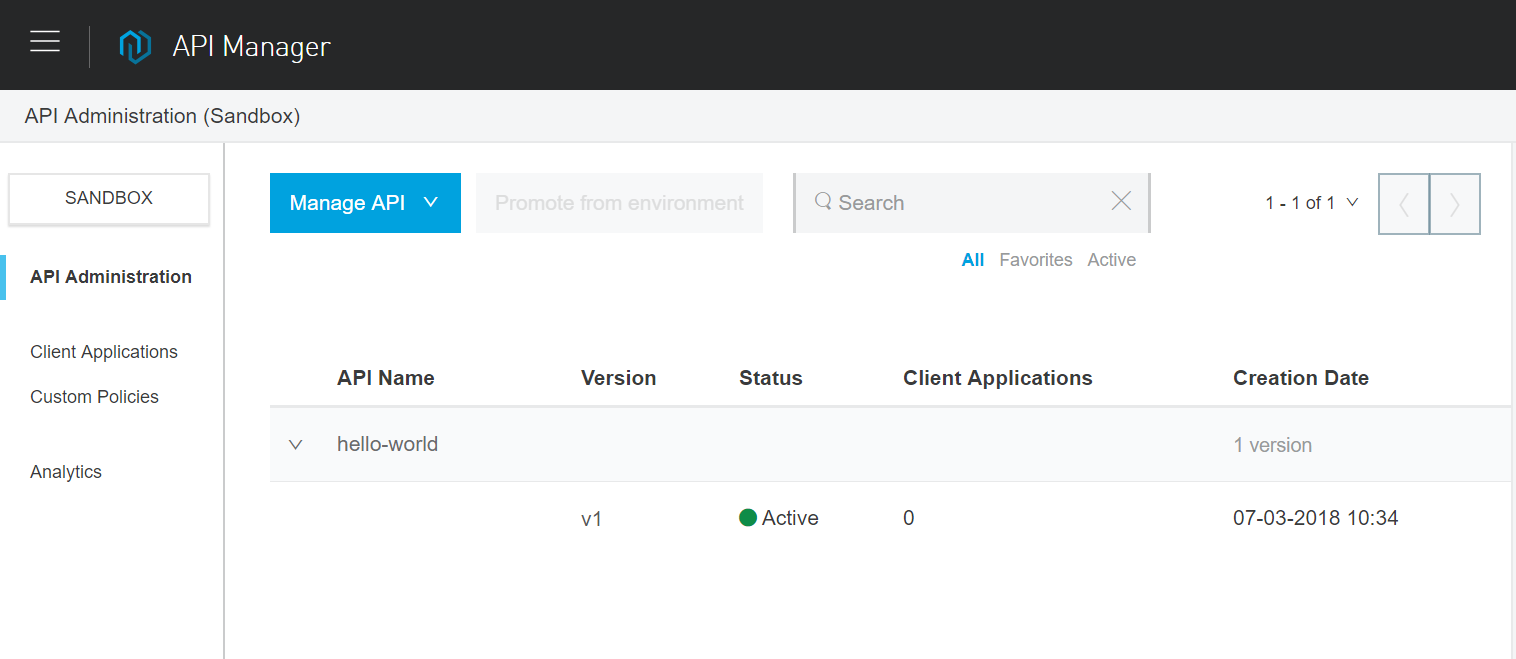
API Governance
Enterprise API management is not just about connectivity or data movement; it also ensures APIs meet quality, security, and reusability standards. Anypoint API Governance provides a robust solution for applying standards throughout the entire API lifecycle (design, development, deployment, consumption). Logicalbond, as an official MuleSoft partner, positions this solution for organizations in a tailored way.
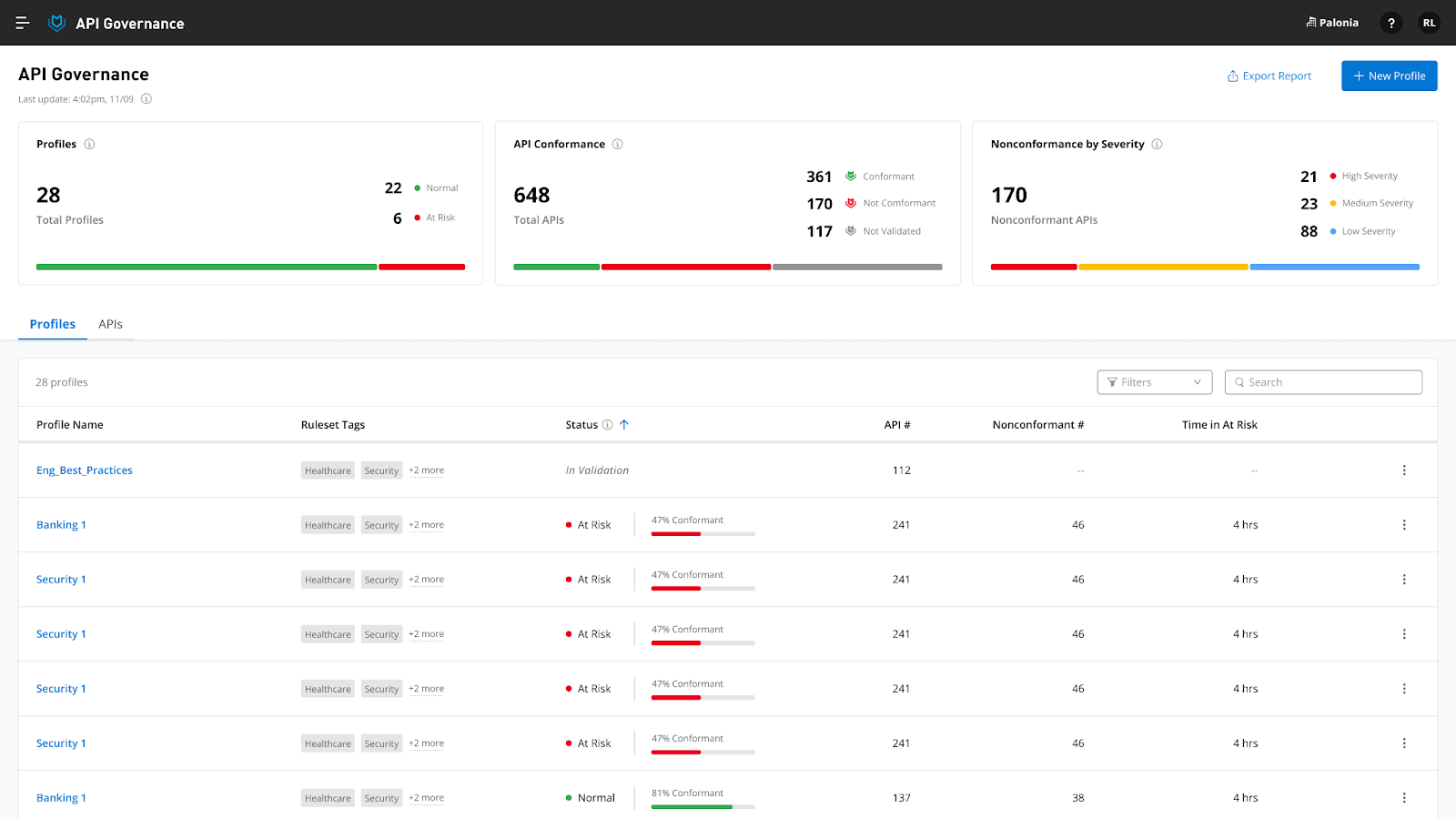
Flex Gateway
Modern enterprises do more than just develop and publish APIs; they require managing services across cloud, on-premises, and hybrid environments, as well as across various technologies such as REST, SOAP, and microservices, through a single gateway layer. Anypoint Flex Gateway is designed to meet this need with high performance and robust security. Logicalbond, as an authorized MuleSoft partner, configures and implements this solution tailored to your organization.
